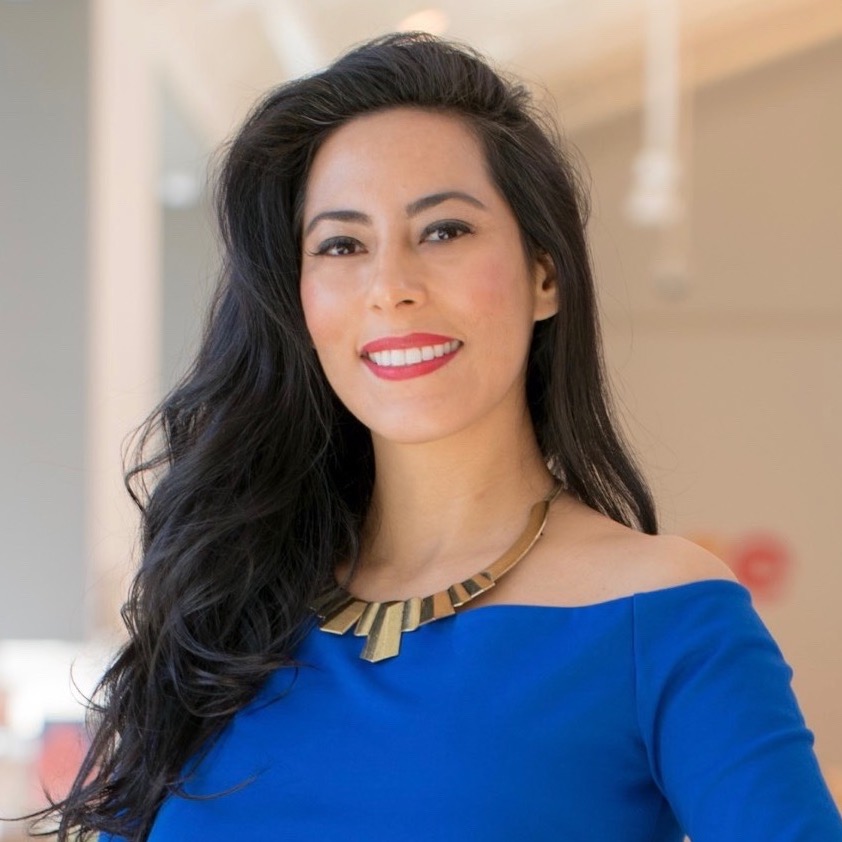
The business world has a bad rap, and not without reason. Deforestation, oil spills, unlivable minimum wages, mass layoffs, the glass ceiling — the proverbial list goes on. Even as some companies purport to be environmental stewards, their treatment of employees and corporate constituents can be irresponsible, inconsiderate and downright shameless. It seems appropriate, then, that people’s trust in global institutions is at an all-time low, and corporate America is viewed as the vanguard of the distrusted establishment.
What can we expect, though, when the bottom line continues to reign supreme? When we consider externalities, human costs and the global frustration with business as usual, an alternative approach to business seems imperative to avoid the total collapse of our natural and human systems.
For the past 30 years, a small yet growing faction of leaders have pioneered frameworks that are an antidote to single-bottom-line thinking — notably the Natural Step, shared value and the triple bottom line. While those and other frameworks have focused on reinventing capitalism by shifting business strategy, accounting principles and operational standards, a new movement called conscious capitalism offers a holistic approach that puts people and moral conscience at the center of business practices.
I recently had the opportunity to learn more about conscious capitalism’s four tenets at the daylong convening HigherPurpose17 hosted by the Conscious Capitalism Bay Area Chapter. More than hearing from inspiring business leaders who provide proof that business can be a force for good, I learned that conscious capitalism doesn’t have to be an oxymoron.
Reaching a higher purpose
Of the framework’s four tenets — higher purpose, conscious leadership, conscious culture and stakeholder orientation — connecting to a higher purpose is perhaps the most pivotal to build an awakened business.
As keynote speaker John Mackey, co-founder and co-CEO of Whole Foods Market, put it: “We need to go to a higher place if we’re going to face the problems of the world.”
When companies focus on purpose beyond profit, businesses are able to inspire, engage and energize stakeholders. Giving true meaning to a product or service not only adds value to customers, employees, suppliers and communities, but it also shatters the myth that business must be a zero-sum game.
In Whole Foods Market’s case, for instance, the retailer doesn’t just sell groceries, but it also promotes health and well-being — that’s its higher purpose.
Shifting into presence
It may go without saying that a conscious company is led by conscious leaders. Still, traditional organizational models — replete with hierarchies, office politics and big egos — rarely foster environments that harness consciousness. That’s why conscious leadership must be intentional.
The first step in achieving conscious leadership is self-awareness. As Christine Comaford, founder of Smart Tribes Institute, shared during the daylong seminar: “Self-awareness leads to self-regulation that helps your business.”
Comaford said 90 percent of human decisions and behaviors are driven by our emotional brain. Due to our primordial dispositions, people need to feel a sense of “safety, belonging and mattering” at all times; in other words, we need to feel safe, that we belong and that we matter.
A conscious leader will know to communicate those three values to his or her stakeholders. Once a leader understands how to speak to people’s emotional creature, they can spark greater engagement and lead more effectively.
That same level of consciousness is needed to avoid what Anna McGrath, co-founder of WonderWorks Consulting, calls “the drama triangle.” People often step into the role of “villain, victim, or hero” in any given situation out of fear, she said. At work, this dynamic prevents businesses and individuals from accomplishing their goals and achieving their higher purpose.
Conscious leaders are able to recognize when and how to let go of fear and ego, and learn to connect with others from a place of compassion and authentic presence. Being able to shift from the ‘drama triangle’ to presence means being a more conscious leader.
Building a great place to work
The self-awareness that comes with conscious leadership duly creates conscious workplace cultures that enable employees to thrive.
“When you align people and culture to the business values, profit follows," said Chinwe Onyeagoro, president of Great Place to Work. The most high-performing companies have cultures that instill pride, community and trust among employees, Onyeagoro said — and that’s no coincidence.
Great Place to Work’s Trust Index, which has surveyed 100 million employees in 56 countries, consistently shows that a better workplace yields better performance. Even more, companies recognized in the annual Fortune 100 Best Companies to Work For list which comprise a special investment fund have actually performed better financially compared with the rest of the market (the fund has returned 32.5 percent over the past year). Those financial returns would not be possible without a strong foundation of conscious leadership.
Conscious capitalism aspires to change our current sad business narrative from the inside out. With conscious leaders guiding the way, may it be so.

Nayelli is the Founder & CEO of CreatorsCircle, a resource hub that connects diverse youth with opportunities to create a life of purpose and impact. A trained journalist with an MBA, she also keeps the pulse on sustainable business and social impact trends and has covered these topics for a variety of publications over the past 15 years. She’s a systems thinker who loves to learn, share knowledge and help others connect the dots.














